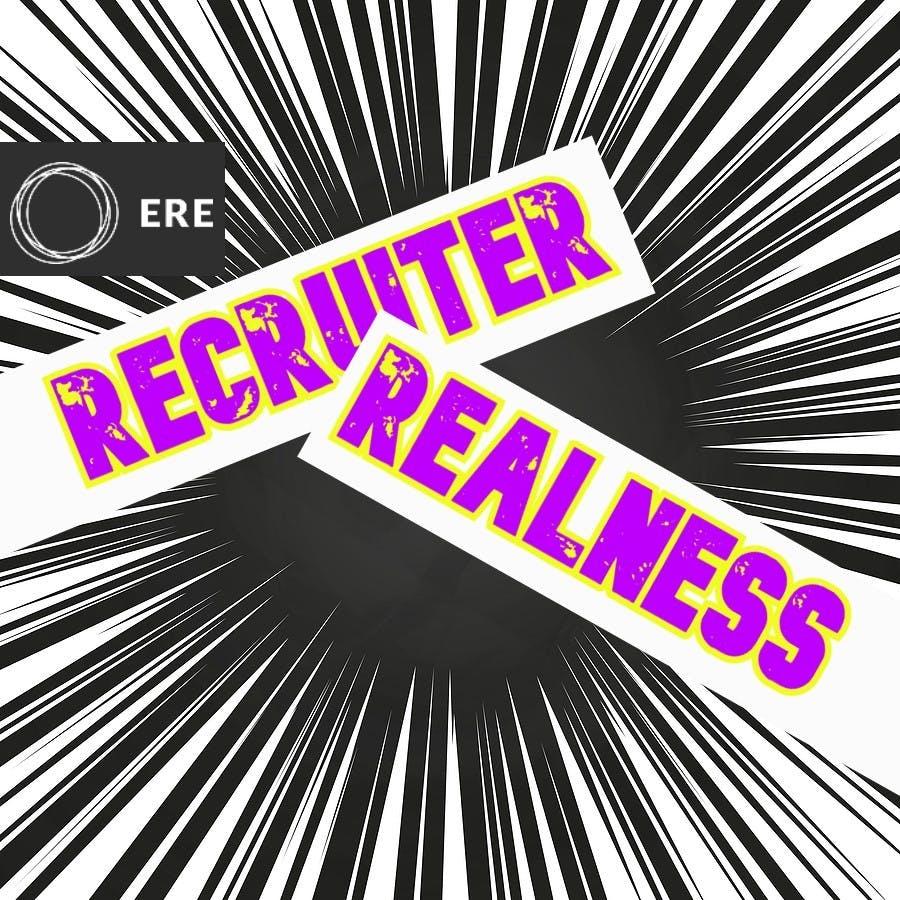ERE Digital 2.0 wrapped last week. It was just the thing I needed to lift me out of what felt like a perpetual state of melancholy, indifference, and frustration with my chosen career field. To say I’m still riding high on an I Love Recruiting wave would be an understatement.
It was, of course, a virtual event. With the exception of not being able to hug my friends and unpack the days at the bar, there were meaningful, impactful engagements and lasting connections made.
The event was chock-full of the industry’s best, brightest, and most influential professionals sharing information that is sure to elevate and move recruiting forward. Yes, it wore me out — but in that good way, like when I’m not feeling my best but still motivate myself to complete a workout. And yes, I’m slightly biased — but even if I wasn’t a panelist and the organizers weren’t a part of my professional community, I would still offer the endorsement and would dare you to dispute my opinion that it rocked!
In my last Recruiter Realness post, I gave a preview of the question that Mary Faulkner and I would be debating in our session, “Can Recruiting Fix Your Company’s Culture?” For those of you who weren’t at the event, Mary believes that organizations place too much emphasis on hiring as a way to fix culture and that the real power to do so rests with organizational leadership. I, on the other hand, think recruiters need more power when it comes to hiring. Some of the questions we debated included:
Who gets to define culture?
Mary said leadership. I said recruiters, because we are the first point of contact driving the candidate experience. How well or how poorly recruiters guide prospective employees through the hiring process gives a view into how closely an organization is tied to its mission, vision, and values. Are there some bad apples in the recruiting bunch? Absolutely, but they are easy to identify and easy to separate from the culture as a whole.
Is what recruiters say true when they describe culture to candidates?
I affirmed that recruiters define their organization’s culture. You can tell a lot about an organization by the way recruiters talk about their experiences when they are coming from a place of honest transparency. Rest assured that the overwhelming majority of recruiters do. Meanwhile, it’s easy to identify the ones who are masking a toxic culture.
Who should own diversity hiring? Who should be held accountable?
Organizational leaders, like Wells Fargo’s CEO, have pointed to a shortage in diverse talent as the reason why they don’t have more inclusive cultures. Again, Mary said such leaders need to own and be held accountable. This is where I shared my “aha” moment. Recruiters, by definition, own hiring. They’re also the only group under the HR umbrella (with the exception of DEI practitioners and leaders) that gets the diversity (or diversity-related) moniker attached to their job titles. Think: diversity recruiters, veteran recruiters, university recruiters.
So I posed the question (mostly rhetorically) why aren’t there diversity benefits administrators, diversity employee relations managers, or diversity human resources business partners? Shouldn’t there be? Point is: Recruiting should own diversity hiring — but diversity shouldn’t be confined to recruiting only.
How can organizational leaders build trust with recruiters?
By this point, Mary and I were able to meet in the middle. We both believe that trust can be built from the bottom up and the top down when both organizational leaders and recruiters share the responsibility and accountability for hiring talent that will ultimately fix an organization’s culture.
If you’re wondering who won the debate, I think we agreed that it was a tie and we both won. Each of us learned from the other and shifted our perspectives to meet in the middle.
